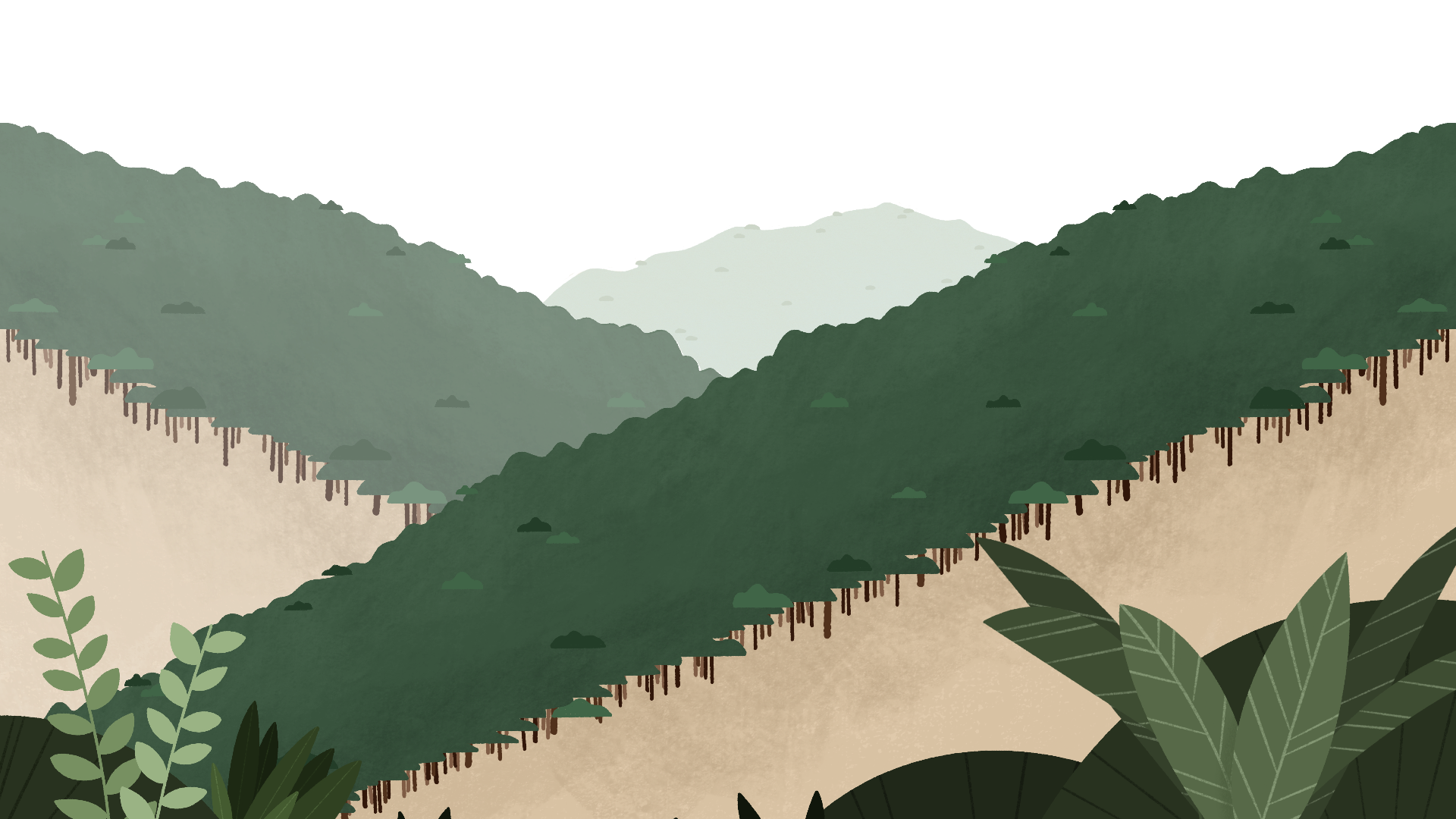Putting Communities First: A New Way to Build Trust and Accountability in Green Development
I’ve spent much of my career working with communities affected by climate change and development projects. Time and again, I’ve seen how trust can make or break a project’s success. When local people are involved, listened to, and respected, projects flourish; not only delivering environmental wins but leaving a positive legacy for years to come. But when those voices are sidelined, even the best-intentioned initiatives can falter. That’s why, when I look at the future of green development, I see community relationships as every bit as important as carbon savings.
There is no doubt that as the world strives towards a low-carbon future, green development projects, from reforestation schemes to renewable energy installations, are essential tools in the fight against climate change and nature loss. But while their environmental credentials often take centre stage, the social impact of these projects on local communities can be overlooked. At best, this risks missed opportunities for positive change; at worst, it can result in harm, distrust, and reputational damage.
There is a better way, which is why at Integrity Action we have developed a new citizen-centred accountability approach for the green development sector, that supports project developers and funders to deliver on their promises, safeguard community wellbeing, and ultimately build stronger, more trusted climate solutions.
This new approach builds on the lessons we’ve learned from citizen-centred accountability in international development, adapted to meet the unique challenges and opportunities within the green development sector. Our starting point is simple: local people living near these projects are best placed to assess whether promised social co-benefits such as jobs, infrastructure, or fair access to land—are what they need and are actually materialising.
Our approach is designed to help green development projects succeed, for everyone. By enabling trained community monitors to report issues in real-time via a mobile app, the system gives project authorities the chance to resolve problems early and demonstrate accountability in a clear, data-driven way. It supports project developers and funders to meet their environmental, social, and governance (ESG) goals while strengthening alignment with the Sustainable Development Goals (SDGs)—particularly those focused on inclusive decision-making, just transition, and sustainable community development.
We recognise that not all green development projects have lived up to their promises. As highlighted in our earlier blogs, there are too many cases where communities were left out of decision-making, where benefits failed to materialise, or where harm was caused. This has fuelled a growing scepticism around some green projects, particularly in the voluntary carbon market, which has negatively impacted the sector as a whole, and underlined the need for new models of transparency and engagement.
But we also see a genuine desire among many project developers and funders to do better, and to work in partnership with communities, not around them. Our approach offers a practical way to do just that. It creates space for dialogue, builds local ownership, and generates credible evidence of social impact. It helps move the conversation from risk to opportunity.
As we begin piloting this approach in partnership with local communities, civil society organisations, and developers, I’m hopeful about what lies ahead. By embedding citizen voices into green development, we’re not only helping to prevent harm, we’re helping to unlock a more inclusive, effective, and trusted pathway to climate action.
If you are interested in partnering with us on a green development project, please contact Sharon Youssefi, Head of Green Accountability


